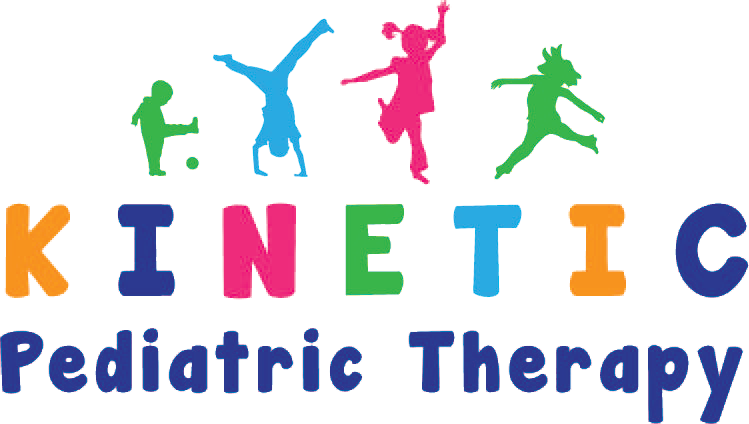
Stuttering Disorders
How Speech Therapy Benefits People with Stuttering Disorders: Speaking with Clarity
Effective communication is a fundamental aspect of our daily lives, and for those who struggle with stuttering disorders, it can be a source of frustration and self-consciousness. Stuttering, characterized by interruptions in the flow of speech, affects people of all ages. However, there is hope for improvement and increased confidence through the intervention of speech therapy. In this article, we will explore the world of stuttering disorders and how speech therapy can be a transformative tool in achieving clearer and more fluent speech.
Understanding Stuttering Disorders
Stuttering is a speech disorder that disrupts the normal flow of speech, causing repetitions of sounds, syllables, or words, as well as prolonged sounds and blocks in speech. These disruptions can be frustrating and make communication challenging. Stuttering often starts in childhood, and early intervention through speech therapy can be highly effective. However, it can also persist into adulthood, where speech therapy remains a valuable resource for improvement.
Types of Stuttering Disorder
1. Developmental Stuttering: This is the most common form and often begins in childhood. It typically resolves on its own but can persist in some cases.
2. Neurogenic Stuttering: This type of stuttering is associated with neurological conditions or brain injuries and is more common in adults.
3. Psychogenic Stuttering: This form of stuttering is linked to psychological factors and can appear suddenly in adults.
4. Cluttering: Cluttering is characterized by rapid, disorganized speech and can co-occur with stuttering.
The Role of Speech Therapy in Stuttering Disorders
Speech therapy plays a central role in addressing stuttering disorders and can significantly improve an individual’s ability to communicate more fluently and confidently. Let’s explore the ways in which speech therapy benefits people with stuttering disorders:
1. Assessment and Diagnosis: The journey to overcoming stuttering begins with a comprehensive assessment by a speech therapist. This evaluation helps determine the type and severity of the stutter and serves as the basis for a personalized treatment plan.
2. Identifying Triggers: Speech therapists work with individuals to identify situations or triggers that may exacerbate their stutter. Understanding these triggers is crucial in developing strategies to manage and reduce stuttering in real-life scenarios.
3. Speech Techniques: Speech therapy teaches a range of techniques to enhance fluency. These may include slow, deliberate speech, pausing, or gentle onset of sounds to reduce stuttering incidents.
4. Breathing and Relaxation: Proper breathing and relaxation techniques are crucial for reducing tension and anxiety, both of which can exacerbate stuttering. Speech therapy guides individuals in maintaining relaxed speech muscles and a steady airflow while speaking.
5. Desensitization: Through speech therapy, individuals with stuttering disorders can work on desensitization, which means reducing the emotional and social impact of stuttering. This includes helping individuals cope with any negative emotions or societal stigma they may experience.
6. Communication Strategies: Speech therapists provide strategies that help individuals manage and navigate difficult speech situations. These may involve techniques like word substitutions or using nonverbal cues to facilitate smoother communication.
7. Ongoing Support: Stuttering therapy is not a one-time process; it involves ongoing support and practice. Speech therapists work with individuals to ensure they maintain and continue to improve their speech fluency.
Stuttering disorders can present significant challenges to individuals seeking to communicate clearly and confidently. However, with the help of speech therapy, remarkable progress can be achieved in overcoming these challenges. Speech therapists are skilled in assessing and diagnosing stuttering disorders, providing targeted techniques and strategies to improve fluency, and offering ongoing support to individuals of all ages. If you or a loved one struggles with stuttering, don’t underestimate the transformative power of speech therapy in achieving clarity and confidence in speech. It is a journey toward fluent and effective communication, providing the tools needed to express thoughts and emotions with clarity and ease.
Please Share




